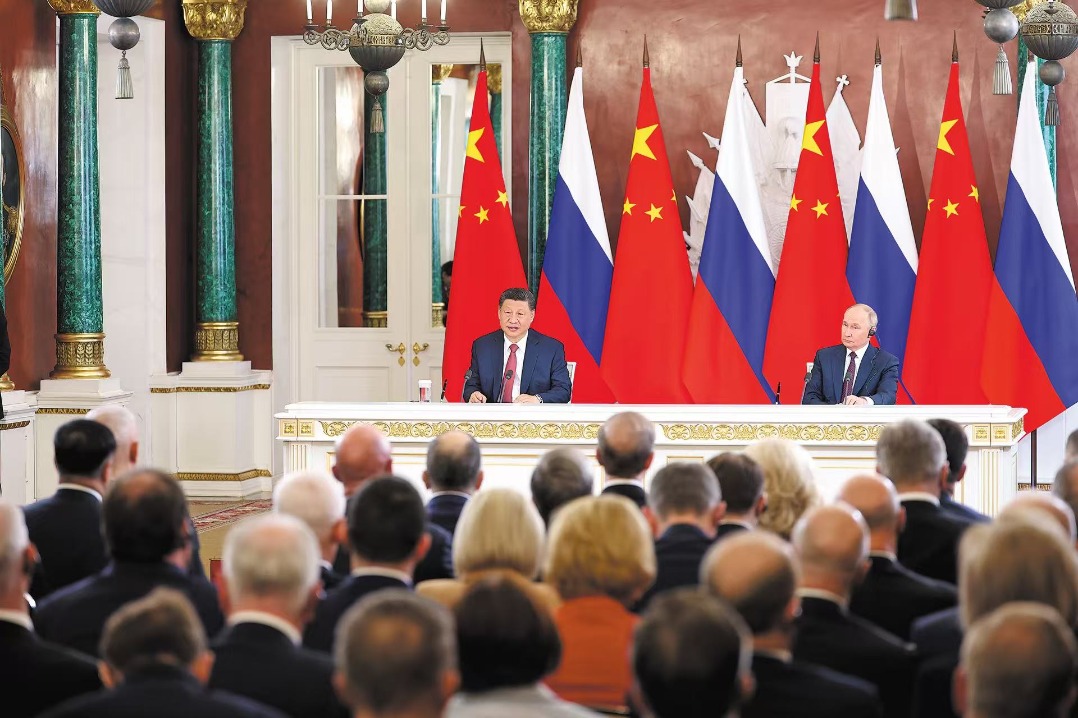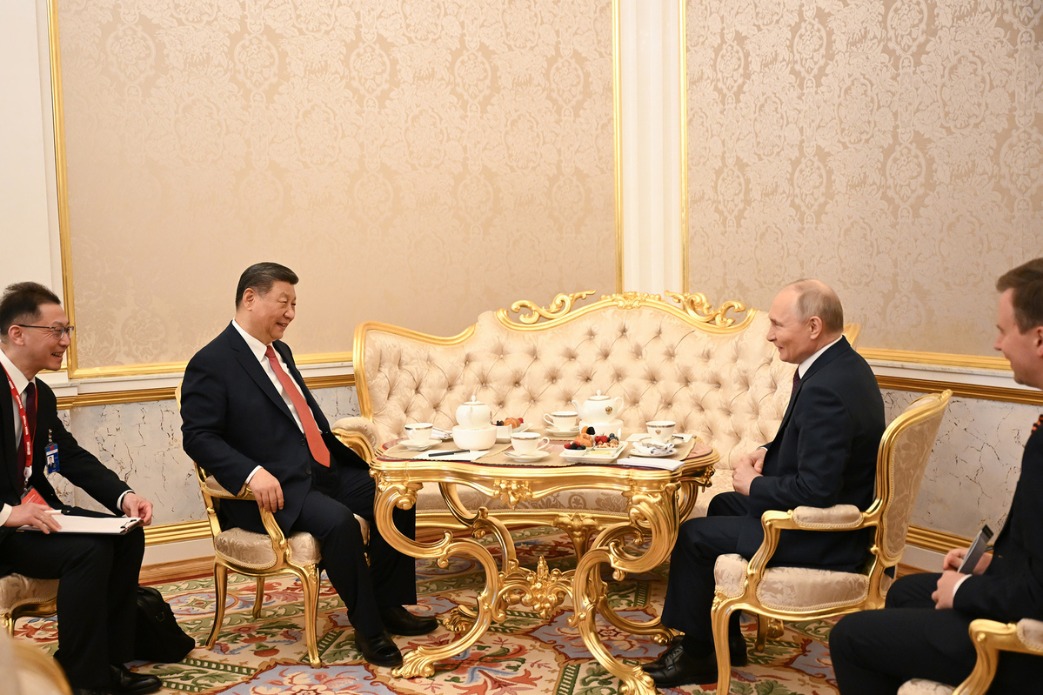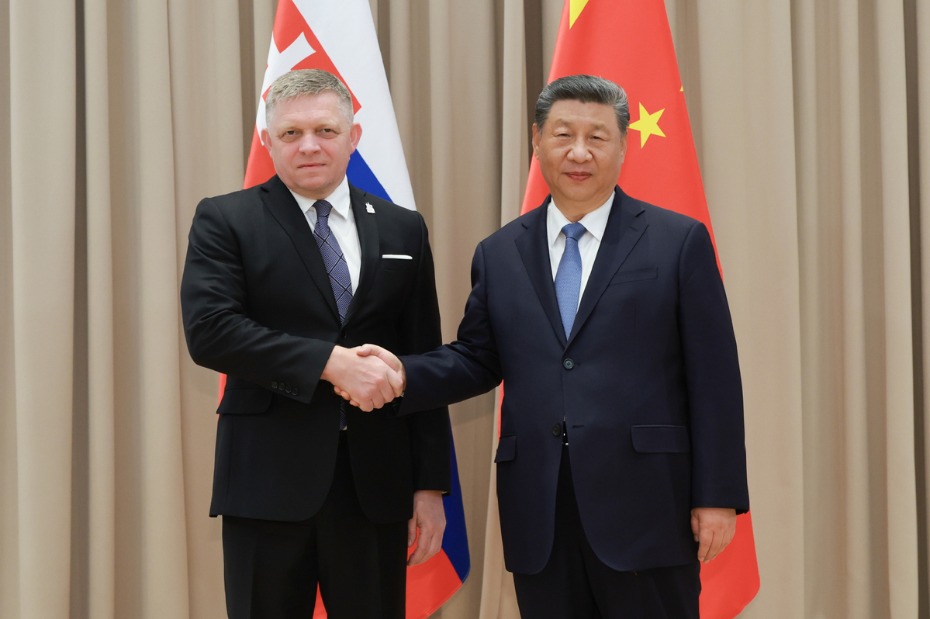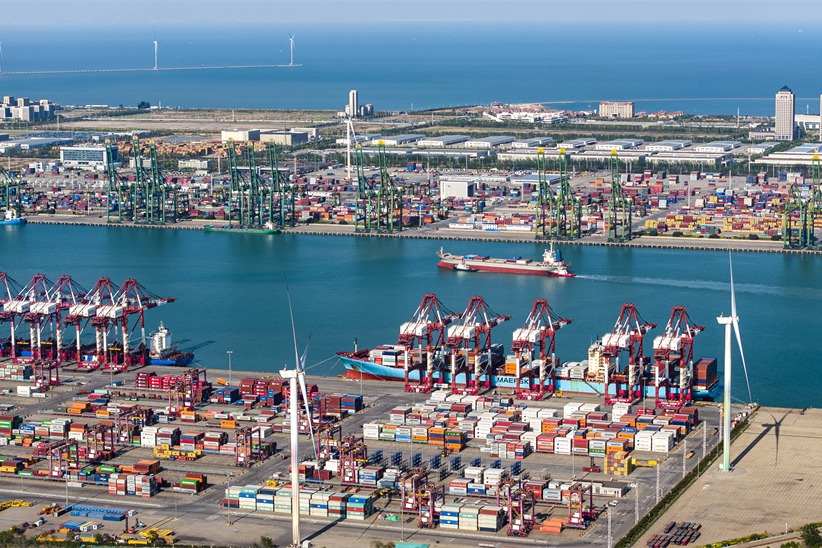Kenya hoping to increase tea, coffee exports to China

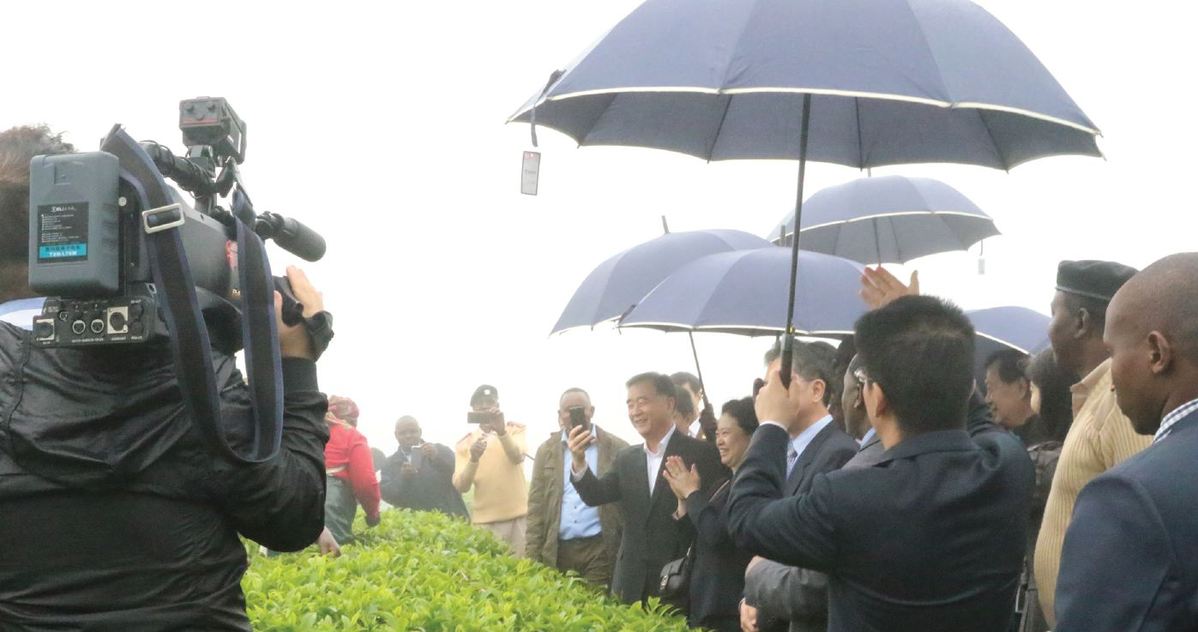
As representatives from countries across the globe gather in Shanghai for the first China International Import Expo, Kenya is eager to introduce its premium tea and coffee to the lucrative Chinese market.
The East African country is optimistic about increasing its tea exports to China, according to Edward Mudibo, the managing director of the East African Tea Trade Association. He says the expo offers Kenya an opportunity to raise the profile of its premium tea.
The volume of tea exports to China stands at 1 million kilograms per year, Mudibo says.
Kenyan tea, the country's major foreign exchange earner, has won international acclaim for its taste and aroma.
"We see China as an emerging market, because the millennials used to taking green tea have little exposure to black CTC (crush, tear, curl) tea, which is primarily the type that Kenya produces," Mudibo says.
However, the volume and value of Kenyan tea exported to China have declined in the past seven years, he says. The volume was 2.1 million kg in 2011, which declined to 1.03 kg in 2017, and the value dropped from $6.1 million to $3 million in the same period.
Meanwhile, Mudibo says, "The balance of trade between China and Kenya was $3.8 billion in favor of China. The average over the past 10 years is slightly less than $1.2 billion. Exports of tea to China could therefore be one of the options for bridging the gap."
To increase tea exports to China, he says, Kenyan tea exporters should enter into joint ventures with partners in China to penetrate the market. He also says tea packaging should be translated into Mandarin.
Other options are for Kenya to obtain least-developed country status or seek a bilateral agreement that confers a special market entry duty rate of 7.5 percent rather than the standard 15 percent.
Anthony Muriithi, the interim director of Kenya's Agriculture and Food Authority, says that by participating in the expo, Kenya hopes to tap into the huge Chinese market through enhanced campaigns to promote its arabica coffee.
"Kenya has organized a trade forum that will bring together buyers from China and sellers from Kenya to discuss business through breakaway sessions, matchmaking and business-to-business meetings. This will give opportunities to our exporters to create linkages and business with Chinese buyers," he says.
Through the expo, Muriithi says, Kenya will establish market links for its coffee, as well as increase the volume of its coffee exports to China.
"Opening up the China market for Kenyan coffee means increased demand. This will give farmers the opportunity to negotiate better prices, and improved coffee prices will result in increased foreign exchange earnings," Muriithi says.
Kenyan coffee is rich in acidity and flavor and has full body and a deep aroma, with hints of chocolate and floral and citric undertones, he says. It is handpicked and processed by washing and sun drying, which he says makes Kenyan coffee unique.
Today's Top News
- Nations vow to uphold intl justice
- Head-of-state guidance crucial for sustained, steady Sino-Russian ties
- China-CELAC Forum to send unity message
- China-US trade talks make substantial progress
- Eurasia needs an innovation corridor for artificial intelligence
- Chinese vice-premier says meeting with US in-depth, candid and constructive



















